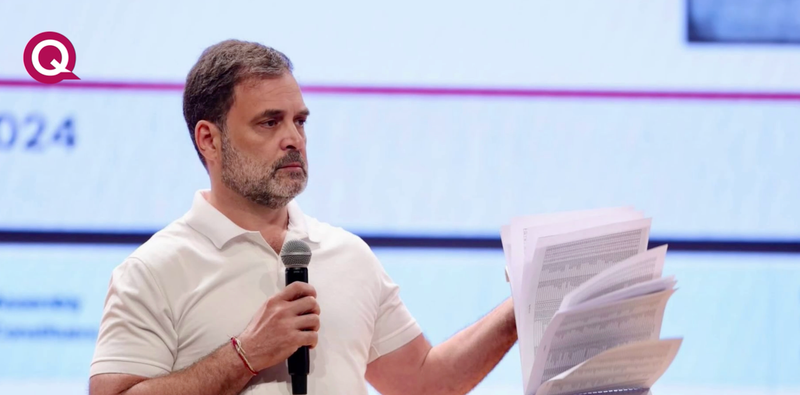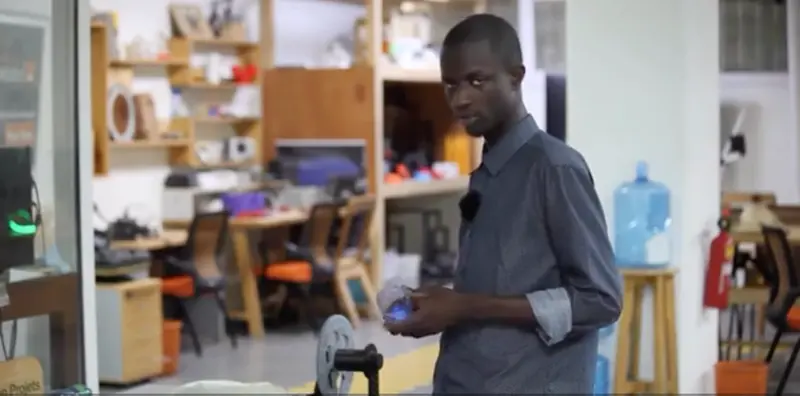Russia’s war on Ukraine opens the Munich Security Conference
On Friday, the annual Munich Security Conference (MSC) opened with Ukrainian President Volodymyr Zelenskyy urging allies to be faster with their supply of military weapons.


Qonversations


Qonversations
Front of mind

Rahul Gandhi calls out the ECI for “vote theft,” but the Commission demands proof or apology.

Senegal struggles with a severe plastic waste crisis, producing around 250,000 metric tons annually.